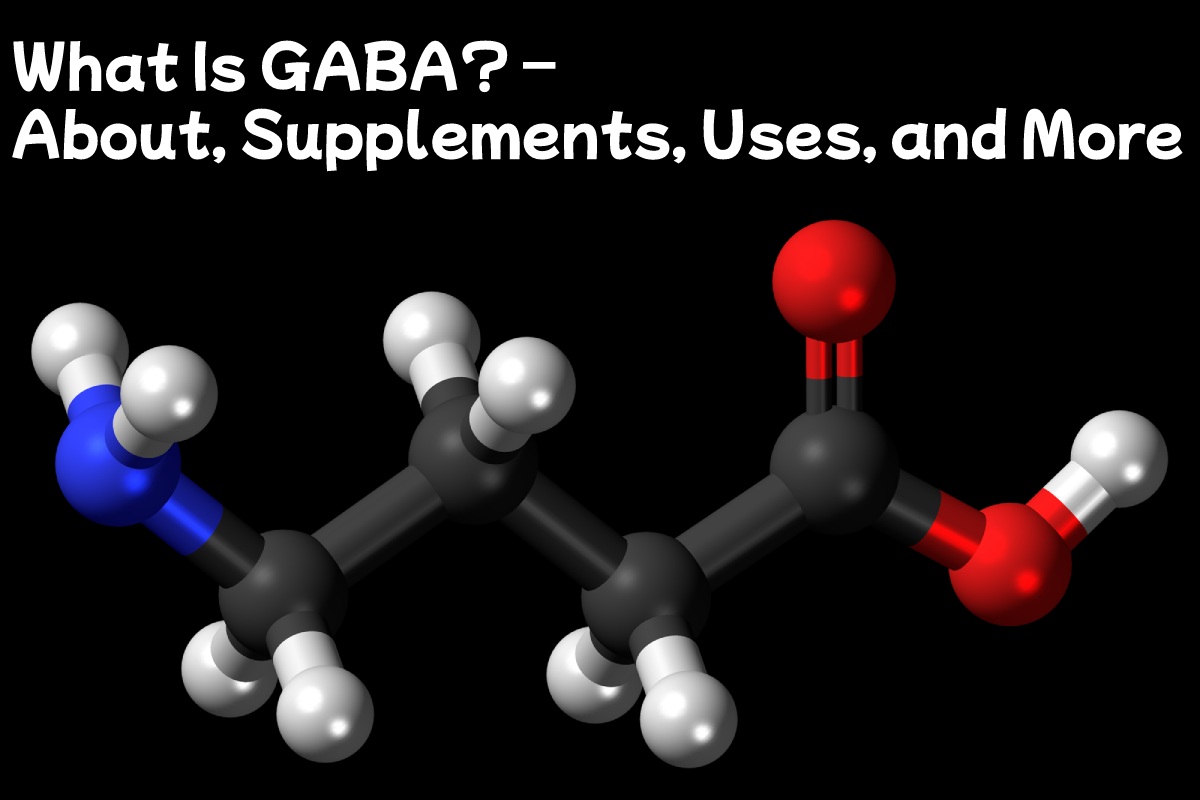GABA, commonly well-known as gamma-aminobutyric acid, is a neurotransmitter amino acid generated in the brain.” It promotes communication between brain cells,” said Dr. Michael J. Brue, a clinical psychologist, American Board of Sleep Medicine graduate, and American Academy of Sleep fellow. Says. Approximately.
Table of Contents
What is GABA?
He continues that GABA’s primary purpose is to lower the activity of the central nervous system (including the brain and spinal cord) and neurons in the brain. “It has the effect of shifting the brain and body into lower gear,” continues Brue’s. As a result, studies have shown that GABA may help promote relaxation.
“By inhibiting neural activity, It promotes sleep, reduces mental and physical stress, reduces anxiety, and creates a calming mood,” he adds. Brue’s also states that It may support improved immune and gut health and better metabolic function.
Some foods contain this amino acid naturally (fermented foods such as green tea, black tea, oolong tea, soybean paste, and tempeh) but increase production (such as mushrooms, tomatoes, spinach, broccoli, oats, wheat, brown) or rice and sweet potatoes ) GABA is also available as a dietary supplement, according to a review published in the Cleveland Clinic and the Journal of Nutrients.
Why People Take GABA Supplements
Although blood tests cannot indicate a GABA deficiency, a decrease in GABA levels may be associated with specific symptoms and health conditions, including:
- Great Depression
- Anxiety disorders, including panic disorder
- Sleep disorders
- Movement disorders, including epilepsy and seizures
- Concentration disorders, including care deficit hyperactivity disorder (ADHD).
Furthermore, researchers from the University of Florida’s Center for Cognitive Aging and the McKnight Brain Institute discovered that reduced GABA levels in the brain’s frontal lobe, a region involved in sophisticated cognitive function, are linked to age-related deterioration.
Uses of GABA
Data shows that research on the effectiveness of GABA capsules is limited, but the most common uses for this supplement include:
1. Soothes Anxiety
“One of GABA’s key tasks is to lower neuronal excitability, which may connect with sensations of worry and terror,” explains Ax. “In fact, some anxiety disorders are associated with decreased it levels.” For example, one study included 13 volunteers who underwent an EEG (a test that records the brain’s electrical activity) 1 hour after taking a GABA supplement. Researchers in Japan found that in a non-invasive test, participants experienced a significant increase in alpha waves (indicating relaxation) and a decrease in beta waves (not awake).
3. Low Blood Pressure
There is some indication of a modest decline in blood pressure after taking a GABA dietary supplement, according to a paper published in the journal Nutrients. In addition, a 12-week trial involving 80 persons with borderline hypertension found that taking a chlorella supplement, GABA-rich algae, significantly reduced blood pressure readings. “Aside from being important in itself, maintaining healthy blood pressure can also help protect sleep,” says Brue’s.
4. Reduce Inflammation
” Inflammation is a normal immune system reaction to illness or damage, but persistent inflammation can lead to illnesses like arthritis, heart disease, and cancer,” adds Axe. According to a review published in the Journal of Neuroinflammation, GABA may lower the activation of pathways that lead to rheumatoid arthritis joint inflammation. Additionally, a research paper published in the peer-reviewed journal Biomedicine indicates that it may help regulate the release of pro-inflammatory and anti-inflammatory cytokines (small proteins) in adult type 1 diabetic patients, as well as GABA signaling. Targeting delivery can be critical. Developing a treatment for this kind of diabetes.
5. Promote Muscle Growth
Muscle aches and headaches can be symptoms of low GABA levels, says Brue’s. A 12-week study by Japanese researchers found that exercising GABA supplementation with whey protein in healthy men aged 26 to 48 who performed resistance exercises such as leg presses, leg extensions, and squats twice a week.
GABA Side Effects and Risks
Breus says possible side effects include:
- Stomach problems
- Burning throat
- Fatigue
- Muscle weakness
- Dyspnea at high doses
Conclusion
GABA does more than just a neurotransmitter. A growing body of evidence suggests that it plays a vital role in development. GABA, like GABAA receptors, appears in most CNS neurons early in neurogenesis (before synapse formation). On the other hand, it is excitatory because its developmentally regulated chloride transporter maintains high levels of intracellular chloride.

